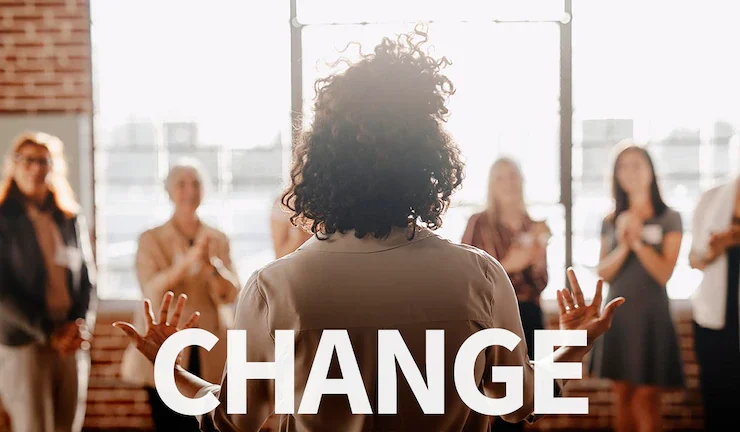Introduction
South Africa, a country known for its rich cultural diversity and breathtaking landscapes, has faced numerous challenges throughout its history. From the legacy of apartheid to socio-economic disparities, the resilience and coping skills of its communities have been tested time and again. However, in the face of adversity, there is a growing recognition of the importance of promoting resilience and coping skills to empower individuals and communities across the nation. This article delves into the significance of building resilience and coping strategies in South African communities and highlights initiatives aimed at fostering their growth.
Understanding Resilience and Coping
Resilience can be defined as the ability to bounce back from difficult experiences and adapt positively to adversity. It encompasses emotional strength, mental agility, and social support networks. Coping skills, on the other hand, refer to the strategies and techniques individuals use to manage stress, overcome challenges, and maintain their well-being.
Importance of Resilience and Coping Skills
In a country like South Africa, where communities face a myriad of challenges, promoting resilience and coping skills becomes crucial for various reasons:
- Overcoming Historical Trauma: The legacy of apartheid, characterized by systematic racial discrimination and oppression, has left deep scars on South African society. Resilience and coping skills help individuals and communities heal from past trauma, fostering a sense of empowerment and collective growth.
- Addressing Socio-economic Disparities: High levels of poverty, unemployment, and inequality continue to affect many South African communities. Resilience and coping skills equip individuals with the ability to navigate these challenges, explore opportunities, and strive for a better future.
- Promoting Mental Health: South Africa faces a significant burden of mental health issues, including depression, anxiety, and post-traumatic stress disorder. Building resilience and coping skills can contribute to improved mental well-being, providing individuals with tools to manage stress, regulate emotions, and seek support when needed.
Initiatives and Approaches
Several initiatives and approaches are being implemented across South Africa to promote resilience and coping skills within communities:
- Community-based Support Programs: Non-governmental organizations (NGOs), community centers, and local government initiatives offer support programs focused on enhancing resilience and coping skills. These programs often include counseling services, workshops on stress management and emotional regulation, and community-building activities.
- Education and Skills Development: Education plays a vital role in building resilience and coping skills. Schools and educational institutions are incorporating social-emotional learning (SEL) programs into their curricula, equipping students with essential life skills such as problem-solving, decision-making, and emotional intelligence.
- Trauma-informed Care: Recognizing the impact of trauma on individuals, trauma-informed care practices are being integrated into various sectors, including healthcare, social services, and criminal justice. These approaches aim to create safe and supportive environments while providing appropriate interventions for those who have experienced trauma.
- Strengthening Social Support Networks: Communities are encouraged to foster strong social support networks, which serve as protective factors during challenging times. Support groups, community events, and initiatives that promote social cohesion and intergenerational connections are essential in building resilience and coping skills.
- Collaboration and Partnerships: Government agencies, NGOs, and community organizations are collaborating to pool resources and expertise to promote resilience and coping skills effectively. Such partnerships leverage collective knowledge and ensure a coordinated and holistic approach to community well-being.
Conclusion
Promoting resilience and coping skills in South African communities is an integral part of empowering individuals and fostering collective growth. By investing in initiatives that address historical trauma, socio-economic disparities, and mental health challenges, the nation can nurture the strength and adaptability of its diverse communities. Through community-based support programs, education, trauma-informed care, strengthening social networks, and collaborative efforts, South Africa can pave the way for a brighter future where resilience and coping skills are key pillars of societal well-being.










